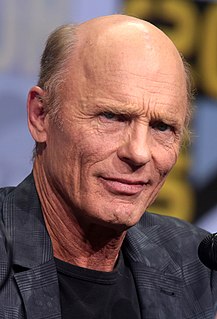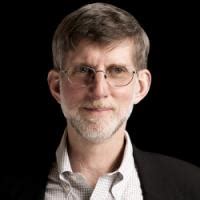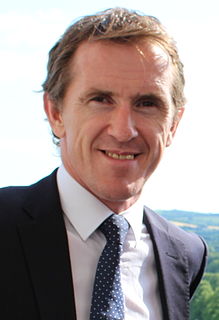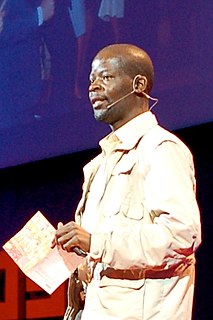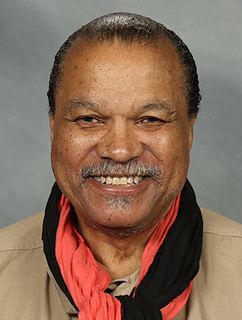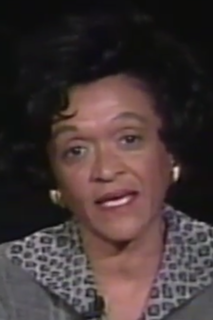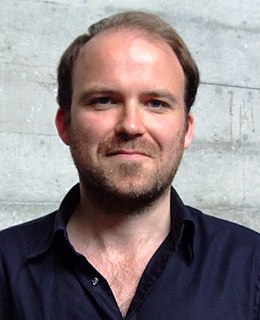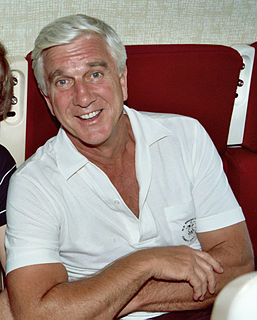A Quote by Emma Thompson
I have had lots of friends who've been affected by Aids and a very good friend of mine, Oscar Moore, died of Aids and I was with him in his last year quite a bit. And of course he was a man living in a very rich culture with a wealthy family who was able to afford health care.
Related Quotes
I think I've been very fortunate, considering the obstacles that I had to deal with, you know, just being - by virtue of being a brown, lovely, brown-skinned man. But on the other hand, I've been able to make a good living, and I've been able to take care of my family, which is most important to me.
My father had several strokes and heart attacks. I was with him when he died, and it was a horrible death. He had been a very articulate man, and to lose that, never to be able to speak properly and to be unable to move - he had always been a very vigorous man, so to be in a wheelchair and mumbling - was terrible.
I can remember in the late 1980s and early 1990s how many men with AIDS I saw everywhere in Key West. There were hospices and medical supply stores geared to people with AIDS. It seemed that every sick man who could afford it had headed for the warmth and the tranquillity and the gay-friendliness of the island.
There's so much stigma around HIV/AIDS. It's a challenging issue, and the people that already have been tested and know their status find it very, very hard to disclose their status, to live with that virus, and to even seek out the kind of information they need. This experience of going to South Africa a decade ago really woke me up to the scale of the HIV/AIDS pandemic in sub-Saharan Africa, how it was affecting women and their children. I haven't been able to walk away from it.
You know it's very difficult to be an actor, and to have people depending on you to say the right line, at the right time, and to not be able to hear your cues! I can't tell you how many times I would've had to have said What? if I didn't have my hearing aids. So my hearing aids are a life saver, and they allow me to practice my craft.

